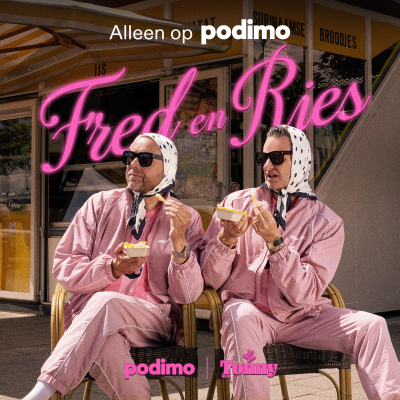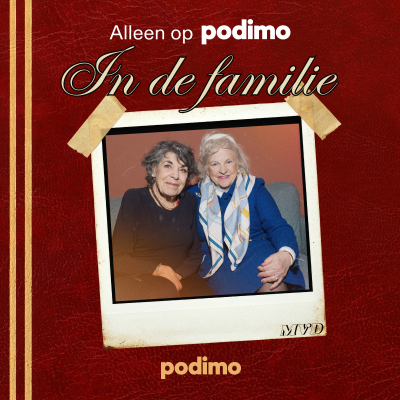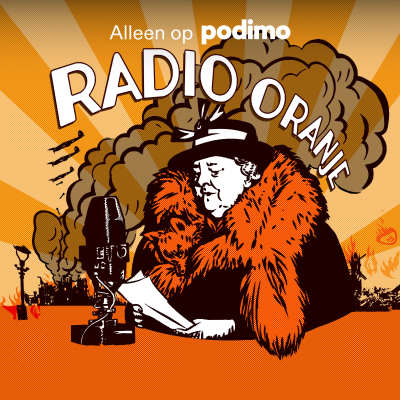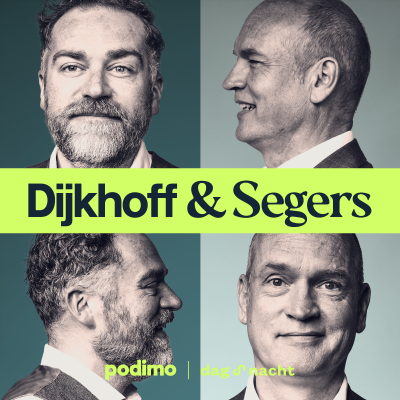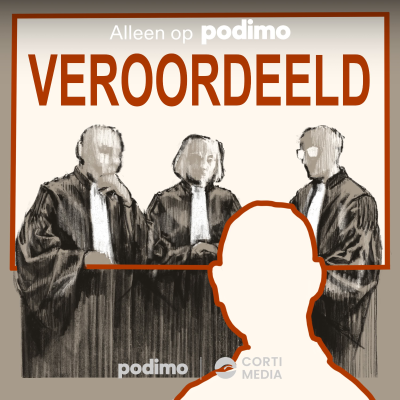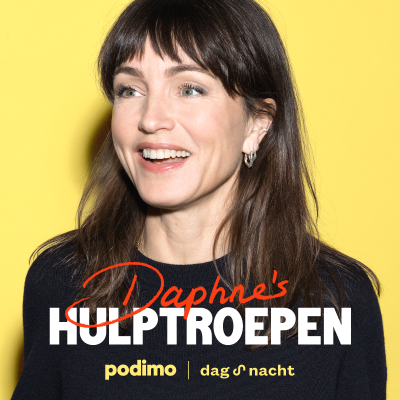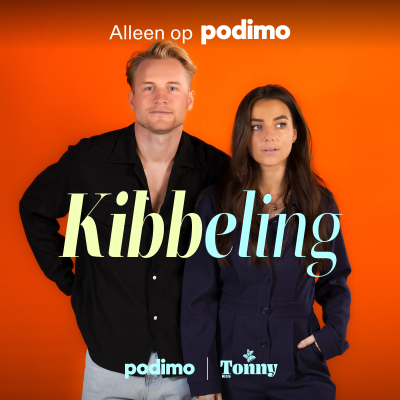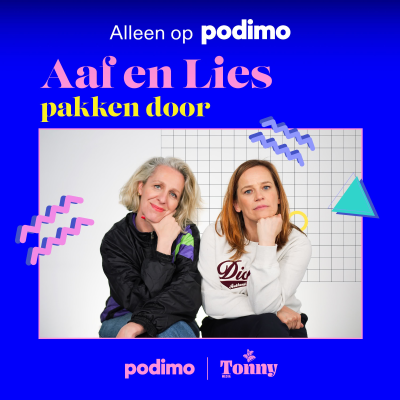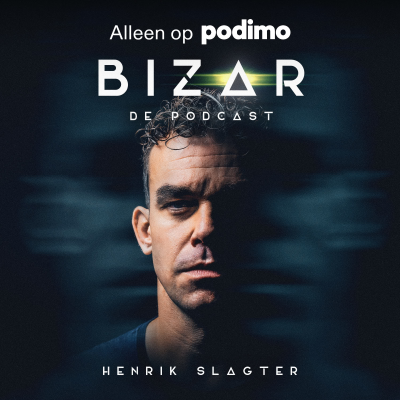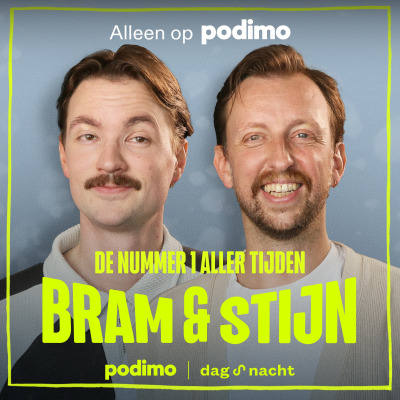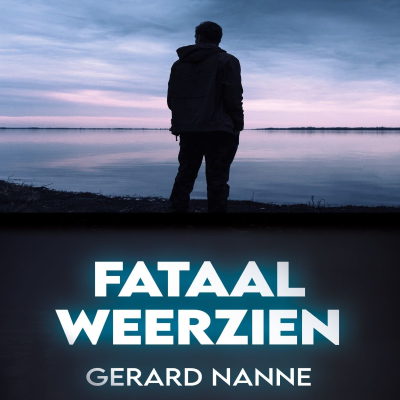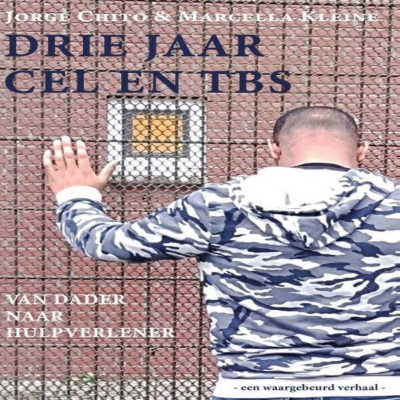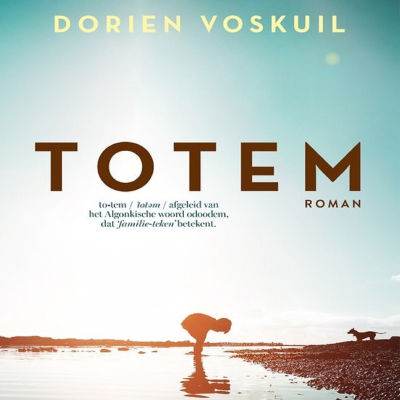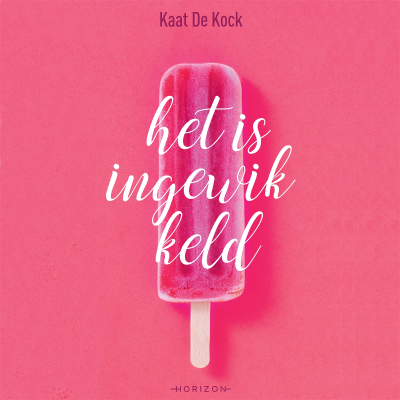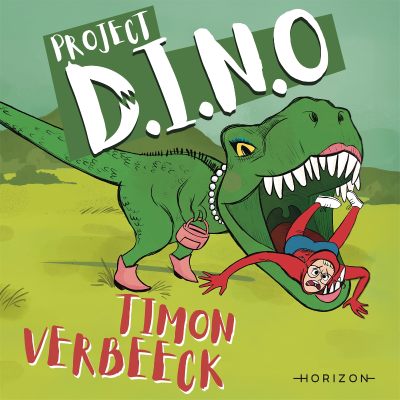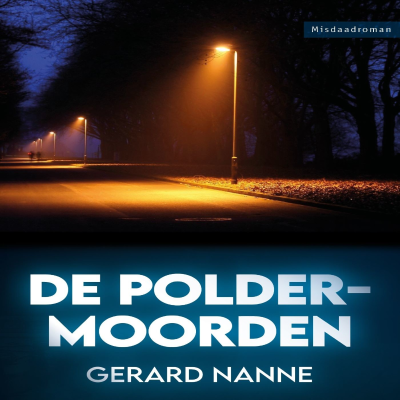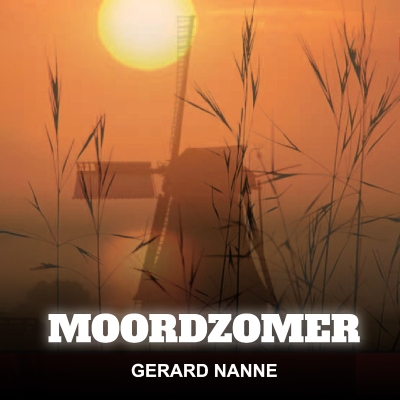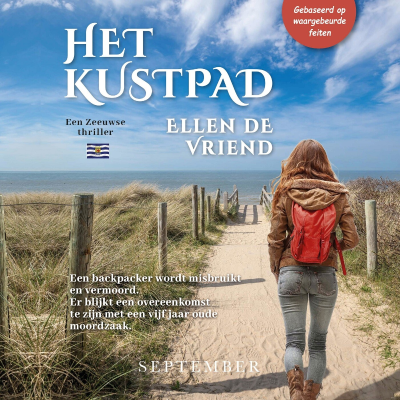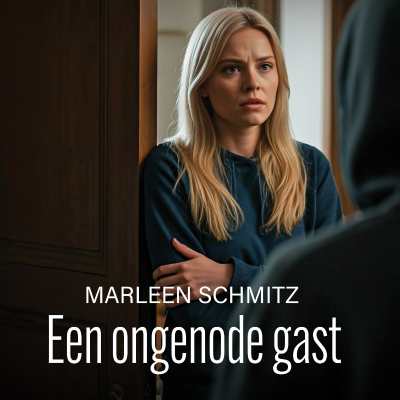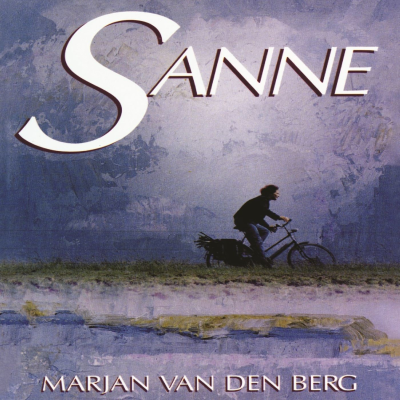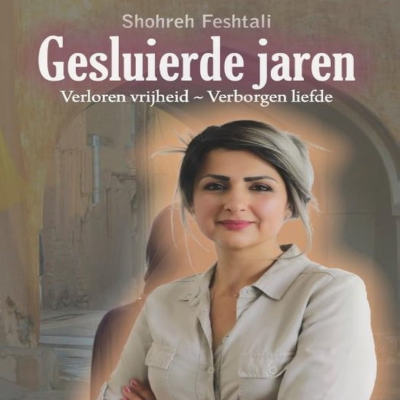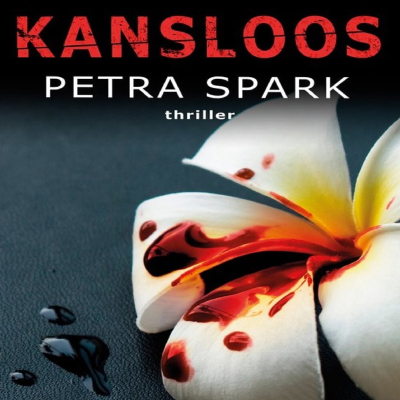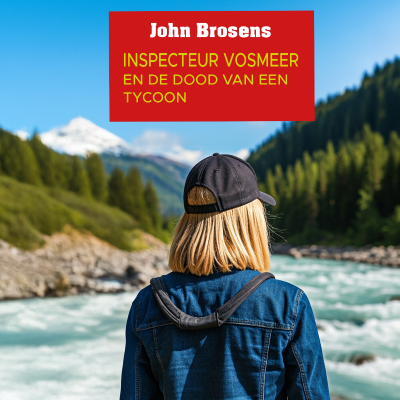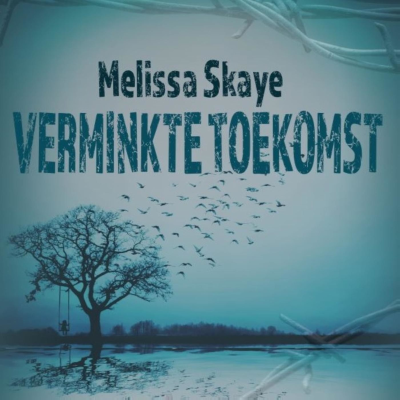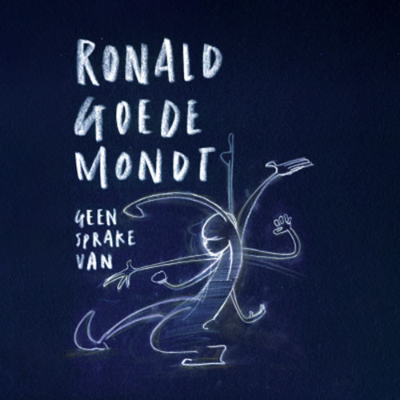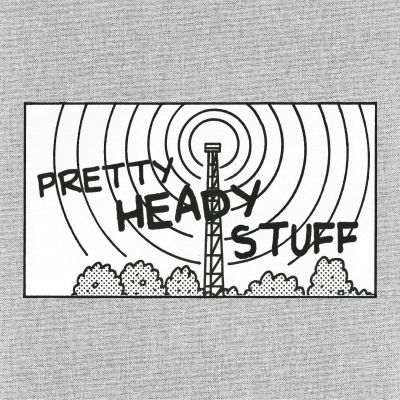
Pretty Heady Stuff
Engels
Technologie en Wetenschap
Tijdelijke aanbieding
2 maanden voor € 1
Daarna € 9,99 / maandElk moment opzegbaar.
- 20 uur luisterboeken / maand
- Podcasts die je alleen op Podimo hoort
- Gratis podcasts
Over Pretty Heady Stuff
This podcast features interviews with a variety of theorists, artists and activists from across the globe. It's guided by the search for radical solutions to crises that are inherent to colonial capitalism. To this end, I hope to keep facilitating conversations that bring together perspectives on the liberatory and transformative power of care, in particular.
Alle afleveringen
143 afleveringenTimothy Leduc finds meaning in humility, ecological wonder and pluralistic thinking
Timothy Leduc is faculty in Land-based and Indigenous Social Work at Wilfrid Laurier University in Brantford, Ontario. He is author of A Canadian Climate of Mind (2016) that looks at climate change as a spiritual initiation into healing the pain at the root of modern culture.In this conversation, we talk about being stuck within a system that extracts and destroys the Earth, not knowing how to hold onto hope within that system, and being, instead, moved by the numinous "technologies" of nature. At a time when there is crisis everywhere, can education find ground to bring people together? Can social workers acquaint themselves with ecological connections? Are we able, as a people, to break from the doom and gloom of modern industrial capitalism?Leduc is a thinker who gains power and solace from engaging with Indigenous knowledges; knowing that he is limited as a settler and as a human with a necessarily finite capacity for reasoning, he also finds meaning in humility.
James Adomian goads us to laugh our way through the absolute absurdity of our moment
James Adomian is a brilliant stand-up comedian, voice actor, writer and impressionist known for his work on Comedy Bang! Bang!, Last Comic Standing, and his many hilarious podcast appearances. He's also one of the funniest people in the world. Renowned for his impressions of figures like Bernie Sanders, David Attenborough, Elon Musk and Mike Lindell, Adomian's recent comedy special Path of Most Resistance showcases a remarkable range of talents, including the ability to skewer some of the central political absurdities of our time. There's a tendency to see comedy as political in a sort of surreptitious way: sneaking it past people by making them laugh. @JamesAdomianXOXO [https://www.youtube.com/@JamesAdomianXOXO] is a good example of this, but in our conversation he discusses the different strategies comedians take today to commit to what's historically been called "gallows humour." Do artists build trust with their audiences so that they can bring them to the gallows, or is it better to find a tactic that puts them immediately off-balance: bombarding them with the obvious perils that populate the world?In the places where Path of Most Resistance dives into these lived realities, Adomian can bring you through that peril using a dizzying array of characters. One of the things he explains is that comedy has been hamstrung by the paucity of opportunities to do real sketch comedy. The centrality of Saturday Night Live means that the sketch work that exists in its orbit really stays in the shadows, unless it buys into the lowest common denominator logics of "the algorithm."This is where James is at his most vociferous: eviscerating the "brute force" dumbing down of audiences today that are being made more vacuous by a highly resourced right populism and dog whistle politics of division and discrimination thriving on social media. One of the most fun interviews I've ever done. Hope you enjoy! Watch Path of Most Resistance on YouTube: https://www.youtube.com/watch?v=pJ5DFrdOyig
Harsha Walia reframes ICE fascism and American aggression in an era of border brutality
Harsha Walia is a South Asian activist and writer based in Vancouver, unceded Coast Salish Territories. Author of the essential Border and Rule: Global Migration, Capitalism, and the Rise of Racist Nationalism, Walia has been involved in community-based grassroots migrant justice, feminist, anti-racist, Indigenous solidarity, anti-capitalist, Palestinian liberation, and anti-imperialist movements, including No One is Illegal and Women’s Memorial March Committee. The poet and theorist Gloria Anzaldúa once wrote that “The world is not a safe place to live in. We shiver in separate cells in enclosed cities, shoulders hunched, barely keeping the panic below the surface of the skin, daily drinking shock along with our morning coffee, fearing the torches being set to our buildings, the attacks in the streets. Shutting down.” In this discussion, Walia and I talk about working to shut down the structural forces that are trying to force us to shut down, to drink shock and resist panic.We look at the fascistic violence happening in the United States, the Trump administration’s blood-soaked invasion of Venezuela, and the ongoing push, in Canada, for a border enforcement regime that aligns more closely with the United States’ crackdown on immigration. What, if anything, does the spectre of securitized borders mean in the context of rising eco-fascism and global resource wars? Canada claims to be a climate leader and yet remains a place for rapacious extraction; we profess to being a bastion of multiculturalism and humanitarian values, but wage war on Indigenous communities and perceived others. Walia helps us understand the links between systems of border reinforcement and the monopolization of violence by police. Under capitalism, this sort of fascistic slide is central to the consolidation of moneyed power. It facilitates oligarchic rule. And the accelerating annihilation of democracy should not come as a surprise in this context. If twelve people can possess the wealth of four billion, then democracy will not be allowed to live. If eighteen trillion dollars can be hoarded by a small group of elites, then democracy will be destroyed in order for that system to continue. But we can’t let it, because the possibility of self-determination and the social good are literally at stake. This is why Walia proposes the idea of becoming ungovernable: becoming capable of democracy in the direct sense of disrupting, building support structures for disruptors and generating the momentum needed to take power and protect all people. According to Walia, the infrastructure that the left requires to contest fascism will need to be developed outside the digital realm that you are currently reading this in. If solidarity is to become a serious threat to the status quo, it cannot be reduced to a sentence shared in the comment thread. A shift could send shockwaves, but we’ll need to reanimate the democratic muscles that seem to have atrophied over the course of neoliberalism’s deranged ascent.#leftpolitics [https://www.youtube.com/hashtag/leftpolitics] #anticapitalism [https://www.youtube.com/hashtag/anticapitalism] #anticolonialism [https://www.youtube.com/hashtag/anticolonialism] #ice [https://www.youtube.com/hashtag/ice] #fuckice [https://www.youtube.com/hashtag/fuckice] #antitrump [https://www.youtube.com/hashtag/antitrump] #antizionism [https://www.youtube.com/hashtag/antizionism] #antifascism [https://www.youtube.com/hashtag/antifascism] #socialism [https://www.youtube.com/hashtag/socialism] #venezuela [https://www.youtube.com/hashtag/venezuela] #handsoffvenezuela [https://www.youtube.com/hashtag/handsoffvenezuela] #monroedoctrine [https://www.youtube.com/hashtag/monroedoctrine] #maduroarrested [https://www.youtube.com/hashtag/maduroarrested] #nooneisillegal [https://www.youtube.com/hashtag/nooneisillegal]
Anna Quon muses about mental health, social trust and the costs of inequality
In this episode of Pretty Heady Stuff, Halifax's Poet Laureate Anna Quon talks about the places and people that her poetry comes from, why she is committed to using art as a means of documenting the suffering and joy that we experience, and how to advocate for more inclusive forms of care. Quon is a writer and writing workshop facilitator. Her first novel, Migration Songs, was released by Invisible Publishing in 2009, and her second novel, Low, in 2013. Her latest, Where the Silver River Ends, which makes a trilogy of her first two unrelated stories, was published in 2022. Her short film Me and My Teeth is available on CBC Gem as part of the Reel East Coast series (Season 10).
Rana Zaman struggles for universal human rights and peace globally. Why is she being attacked?
In the wake of October 7, two political modalities have emerged: one is an imperialist one that seeks to forcefully normalize the retaliatory genocidal violence Israel has inflicted on Palestine, the other is an anticolonial one that refuses the racial domination of people rendered disposable by the imperial machine. A primary effect of the so-called "Palestine exception" -- where one can protest, petition and pressure government to stand up to monstrous violations of human rights, so long as they do not try to hold Israel accountable for its crimes against humanity -- is that people like Rana, who speak the truth about what is happening, are blamed, blacklisted and denigrated. In this conversation, Zaman and I discuss the ostracism and silencing she has repeatedly experienced, with the most recent attacks coming as a result of the YMCA in Halifax awarding her a Peace Medal, only to rescind it days later in the face of a targeted pro-Israel smear campaign. This is not the first time that Rana has faced backlash for resisting the destruction of Palestinian life. It must, however, be the last. The cowardice and complicity of YMCA Canada is an embarrassment for an organization that claims to be intent on "igniting the potential in people and strengthening our evolving communities." Shrinking away from the risks of confronting injustice has earned YMCA a place on the list of organizations that supporters of Palestinian liberation are encouraged to boycott. Stand in support of Rana Zaman, a crusader for human rights in spite of censorship, state-sponsored violence and Zionist propaganda. Resist the manufacturing of amnesia. Fight for a free Palestine.
Kies je abonnement
Tijdelijke aanbieding
Premium
20 uur aan luisterboeken
Podcasts die je alleen op Podimo hoort
Gratis podcasts
Elk moment opzegbaar
2 maanden voor € 1
Daarna € 9,99 / maand
Premium Plus
Onbeperkt luisterboeken
Podcasts die je alleen op Podimo hoort
Gratis podcasts
Elk moment opzegbaar
Probeer 30 dagen gratis
Daarna € 11,99 / maand
2 maanden voor € 1. Daarna € 9,99 / maand. Elk moment opzegbaar.
